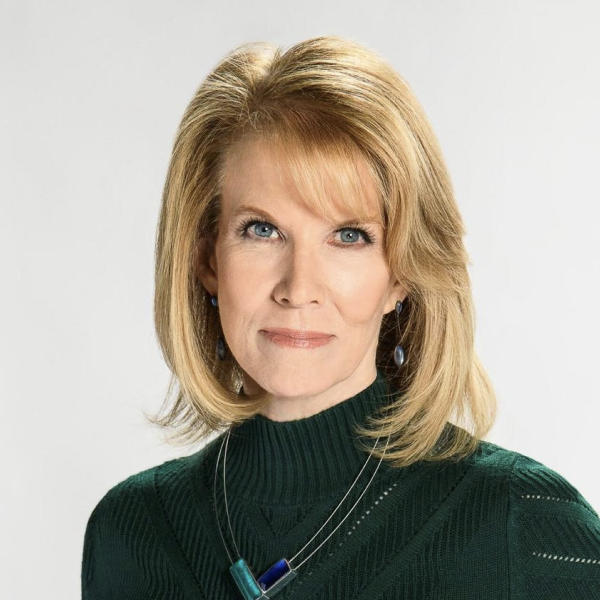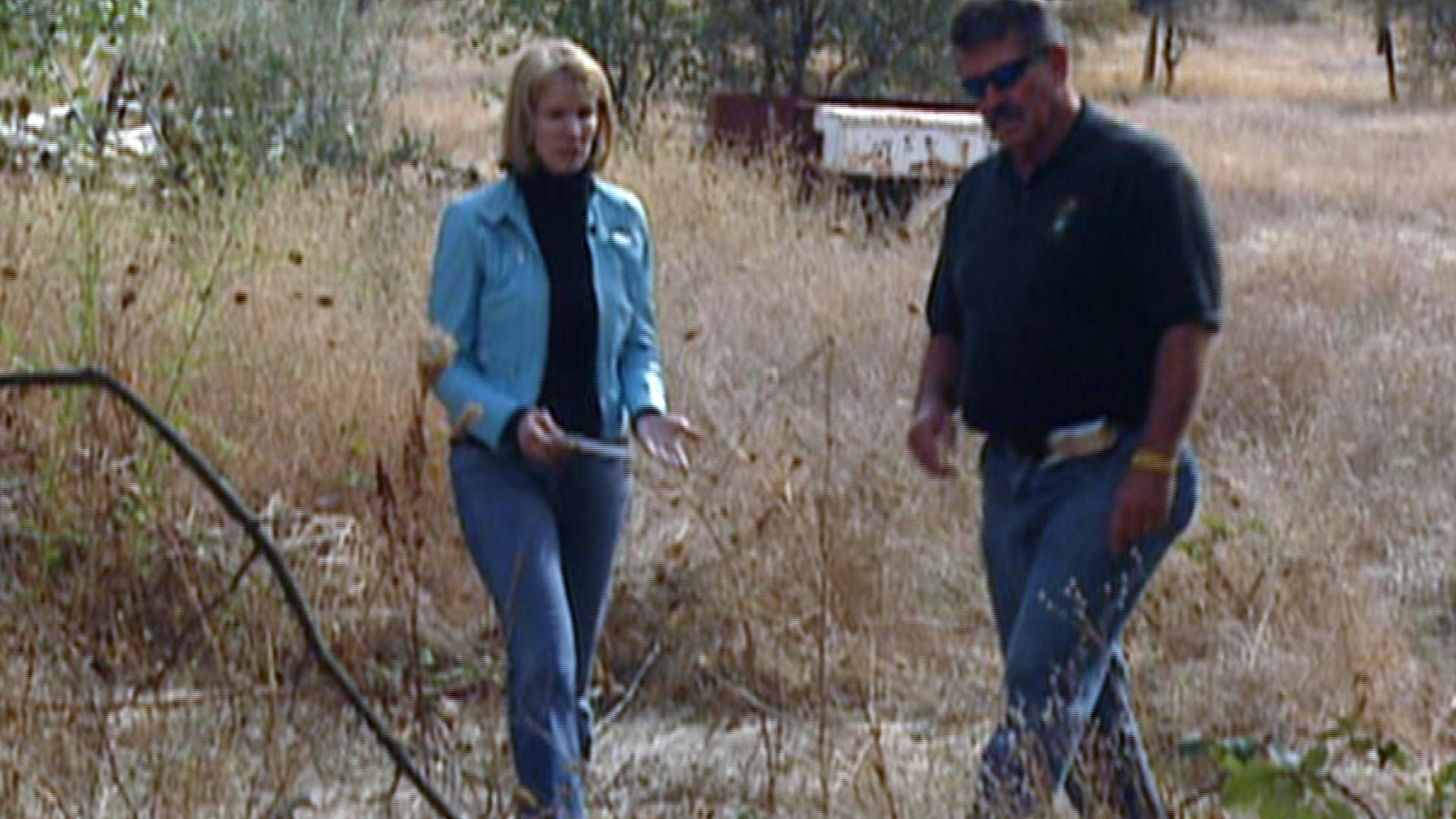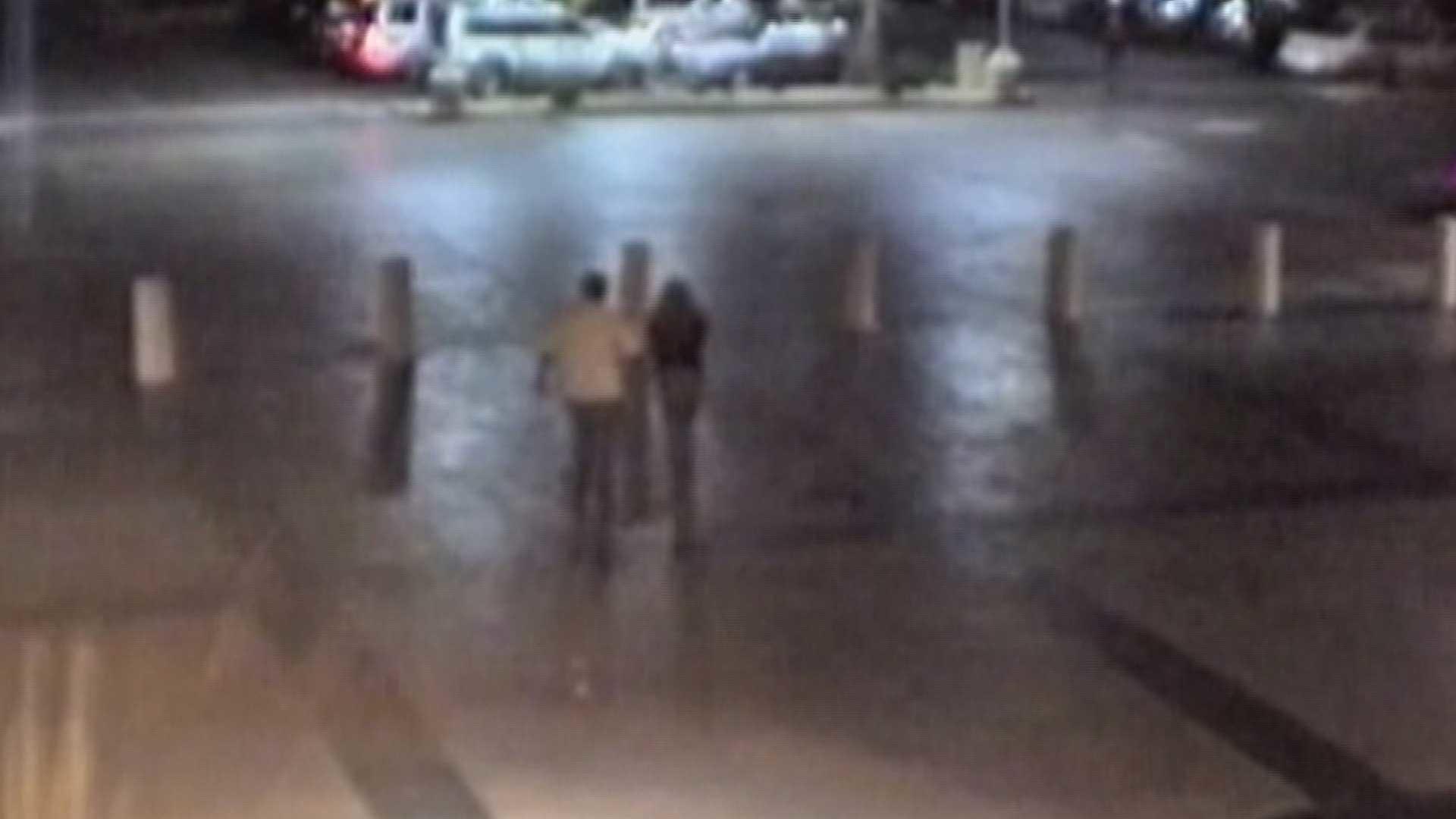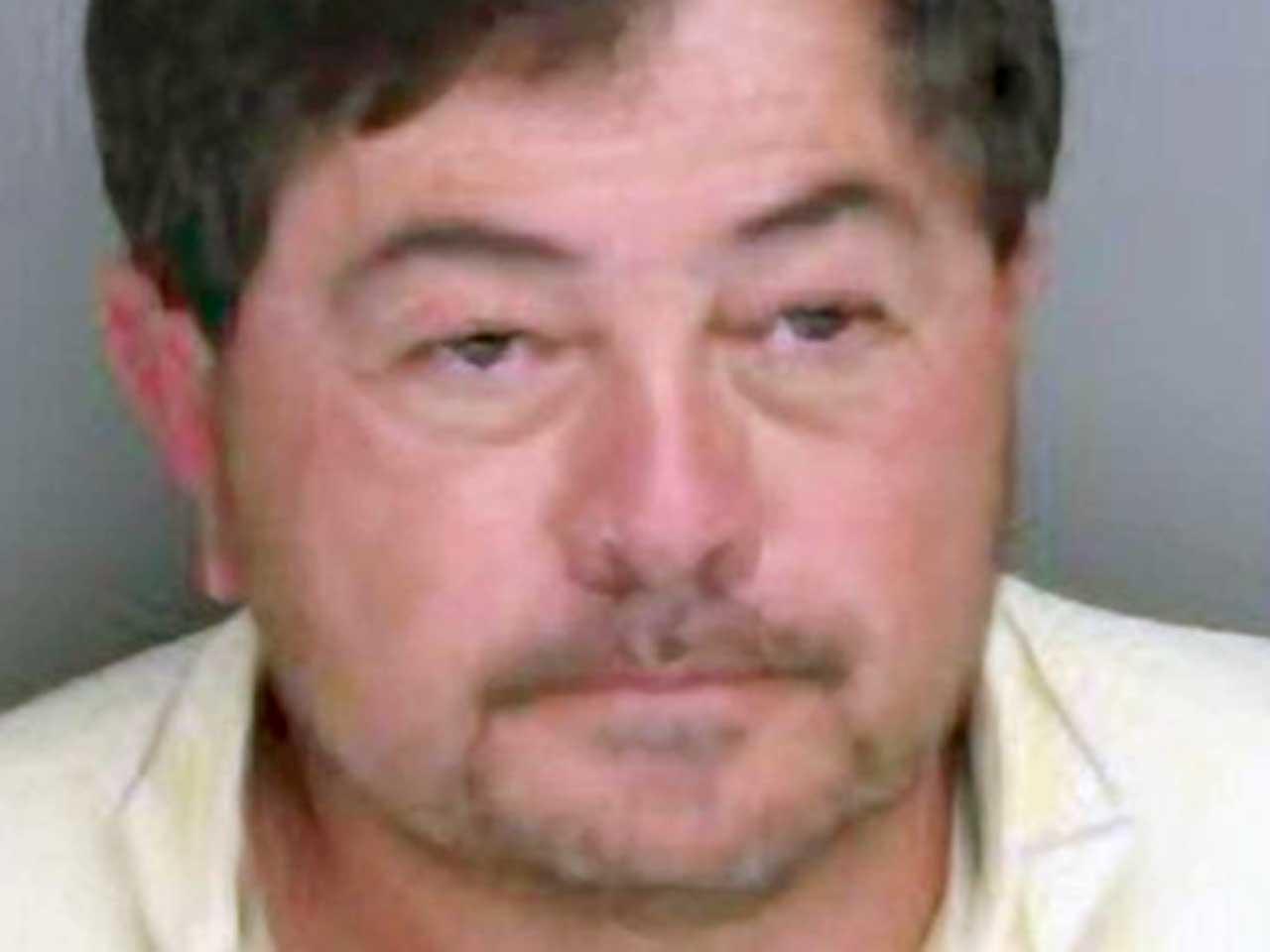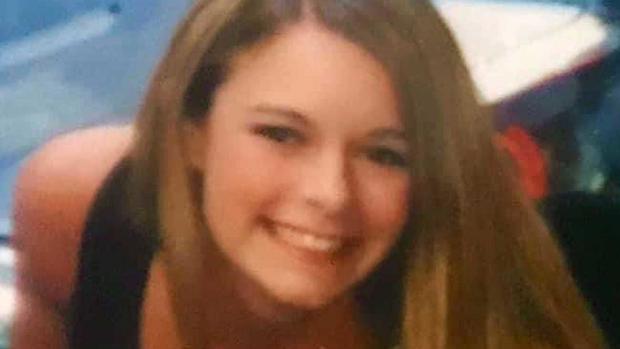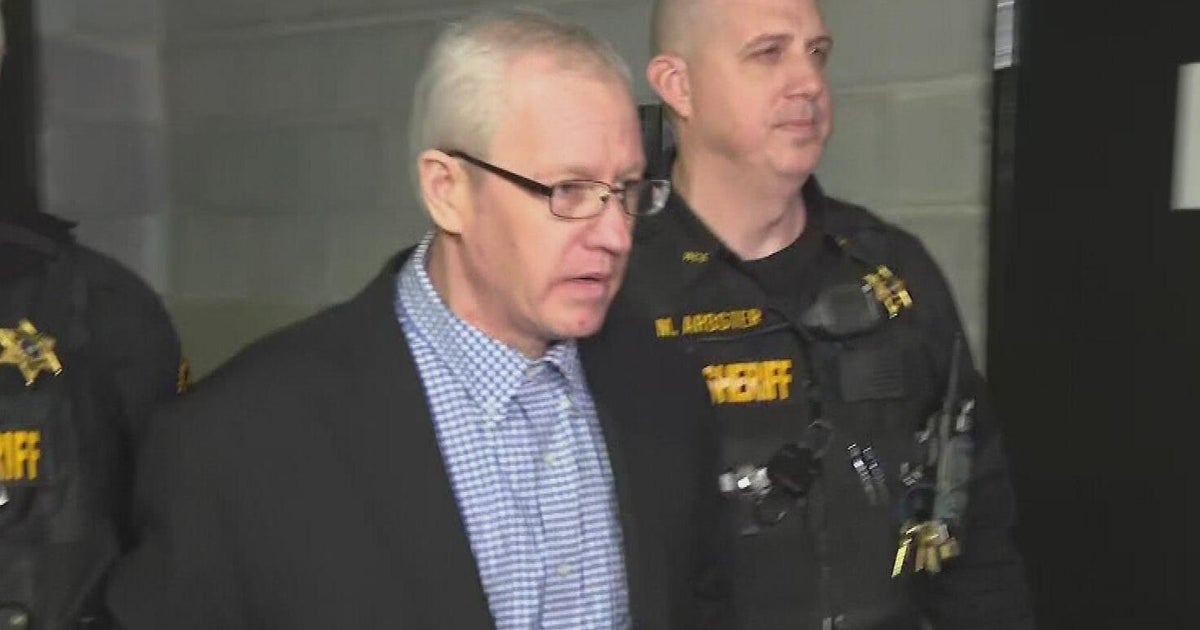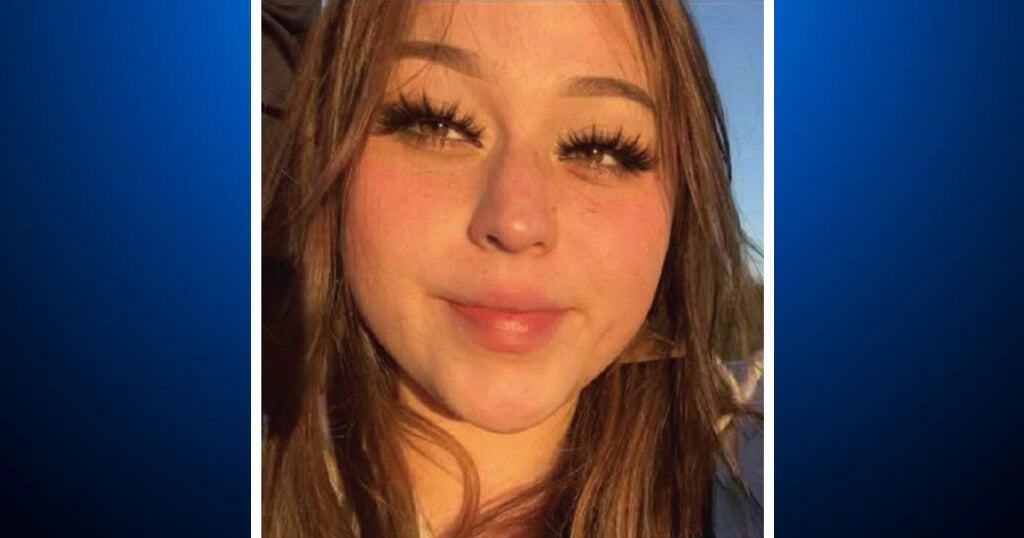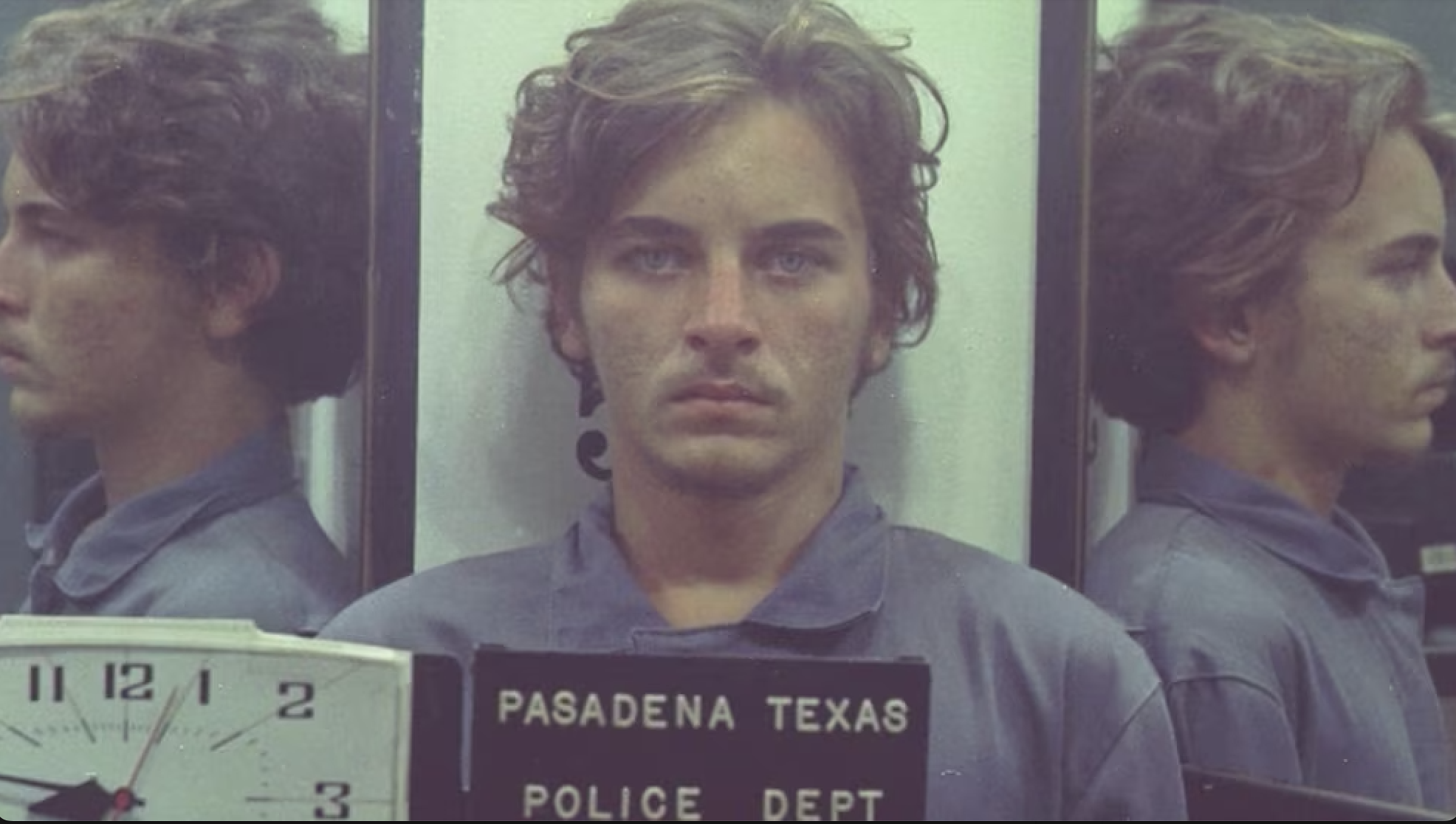How detectives outsmarted a killer to find Christie Wilson's body — hidden for 15 years
"48 Hours" correspondent Erin Moriarty explores a mother's journey for answers in the murder of her daughter in "The Search for Christie Wilson."
Some stories never leave you. The disappearance and murder of Christie Wilson is one of them.
Wilson was 27 years old when she vanished on Oct. 5, 2005 after a night of gambling at the Thunder Valley Casino in Lincoln, California. Almost immediately, a team from "48 Hours" was on the scene, documenting in real time the search and investigation, along with the heartbreak of Wilson's family and friends.
Wilson was the youngest daughter of Debbie Boyd and stepfather Pat, then a San Jose, California, police detective. Boyd didn't know it then, but that was the beginning of a 15-year search for her daughter that would pit her against a cold-blooded killer. "I want my daughter back and I want her back now," she said at the time. "I may be 5 foot 1 and blonde, but they just met a barracuda and the fight's on."
I got to know Debbie Boyd and her family well during that time. Debbie and Pat immediately allowed us into their lives. We recorded the desperate search for Christie as the family and hundreds of volunteers searched the rough and rocky terrain of California's Placer County. From the start, Debbie Boyd's resilience and iron will stood out. She vowed never to rest until she located her daughter's body.
The first major clue of what happened to Christie Wilson came from surveillance video at the casino. Wilson is seen leaving in the company of an older man, identified through his casino player's card as 53-year-old Mario Garcia. At one point in the video, Garcia tries to put his arm around the much younger woman, but she rebuffs him. They walk out into the darkness and disappear.
The "48 Hours" team had a camera present when Wilson's family first saw that video. Tears rolled down her sister Stacie's cheek. Her mother was angry and noted that Christie had firmly pushed Garcia's arm away.
On the surface, Mario Garcia appeared to be an unlikely suspect. He was a project manager at a local hospital, a husband, and the father of two teenage boys. In an interview with "48 Hours," he denied having anything to do with Wilson's disappearance and suggested that Christie Wilson's boyfriend might have hurt her. He said that he met Wilson at the casino earlier in the evening.
"We were at that table for a period of time until that table got hot," he told me in 2006. "She asked me, 'Hey, do you want to go to another table?' and I said 'sure.'" Garcia said the two later walked to his car, said goodnight, and went their separate ways. Camera surveillance shows Garcia's car leaving the parking lot soon after, and he appears to be alone in the car.
Still, when investigators went to his home in Auburn, California, to search his property and car, Garcia had numerous recent scratches on his face and chest that no one remembered seeing at the casino. What's more, they discovered that Garcia had a dark past involving women. He had pleaded guilty to assault with a deadly weapon in an incident with one former girlfriend and was involved in a deadly car accident that killed another woman he dated and her mother. When a search of Garcia's vehicle revealed hairs consistent with Wilson's and minute amounts of her blood on the backseat and door, Placer County authorities were convinced they had her killer. What they didn't have was Christie Wilson's body.
Three weeks after Wilson went missing, Garcia was charged with her murder. His trial, Placer County's first no-body prosecution, began in September 2006. At trial, Garcia's defense attorney argued that there wasn't enough evidence to convict him of murder and that Wilson might still be alive, but the jury wasn't persuaded. They believed that Wilson left those scratches on Garcia's face and body as she fought for her life, and in late 2006, they found Garcia guilty of murder.
The following January, Garcia was in court for sentencing. Debbie Boyd hoped that, in exchange for a reduced sentence, Garcia would finally admit what he had done with her daughter's body. However, when it was his turn to speak, Garcia was defiant: "I suppose that at this hearing, I'm supposed to ask for mercy, for forgiveness and to show remorse. However ... I will not do such thing ... I did not kill Christie Wilson. I am innocent."
Garcia's words crushed the hopes of Wilson's family, but it didn't end the search for Christie. Nuno Tavares and Don Murchison, two investigators on the case from the beginning, kept up the search, looking in abandoned mines and even in sewage-filled septic tanks. Still, no luck.
Over the next decade, I saw the weight on Debbie Boyd as Garcia filed appeal after appeal, trying to get his conviction overturned. "You can't move forward completely when you have all these appeals," she said to me. "You know, it's like you move forward five steps and then you're back in it again."
Finally, in 2017, Debbie Boyd felt she could wait no longer. She decided to reach out to the man who killed her daughter. In a television interview with Tony Lopez, an anchor with the CBS affiliate in Sacramento, she referred to Garcia as a "lost soul" and hinted she would sit down and talk with him. "I wanted Christie back so bad that I thought, you know what? Let's see how far this goes."
Debbie Boyd's appeal worked. Garcia began writing to both Boyd and Placer County officials. While he never admitted he murdered her daughter, Garcia apologized to Boyd. In one message, Garcia even hinted that he was willing to trade information for an early release from prison. "... I would give anything if I could go home to die surrounded by my family," he wrote.
It seemed like Garcia was willing to finally give Debbie Boyd what she prayed for, but ultimately, she decided not to pursue it. She wouldn't deal with the devil. "I was sitting there thinking, 'What on Earth are you doing, Debbie? Get a grip,'" Boyd later told me. "It would be such a disgrace. ... He will not use my daughter's body as a bargaining chip."
That's when Nuno and "Murch," as Debbie Boyd calls them, doubled down on their efforts to find her daughter. They found Garcia's sons and asked them for any details they could remember that might lead to a discovery.
Based on those conversations, in August 2020, Nuno and Murch decided to go back and search the property around the home where Garcia and his family lived before his conviction. With experts using ground-penetrating radar equipment, they carefully scanned 5 acres and found several possible places to dig. On the third try, just 100 yards from Garcia's home, they found a bone, a human bone. Tests would later confirm it was Wilson's. They were ultimately able to recover nearly her entire skeleton. An autopsy later revealed Christie had a broken nose and hand, but the exact cause of her death could not be determined.
"48 Hours" went back to see Debbie Boyd and her family in 2020 on the 15th anniversary of her daughter's disappearance, but this time, we witnessed some peace and maybe even a little joy. Christie Wilson had come home to her mother.
And there's this: in 2005, Wilson left her mark on Garcia that helped to convict him. And 15 years later, her bones ended all doubt — Mario Garcia was her killer.
Mario Garcia died on Dec. 24, 2020.
